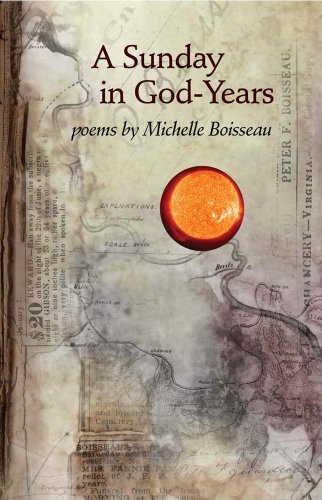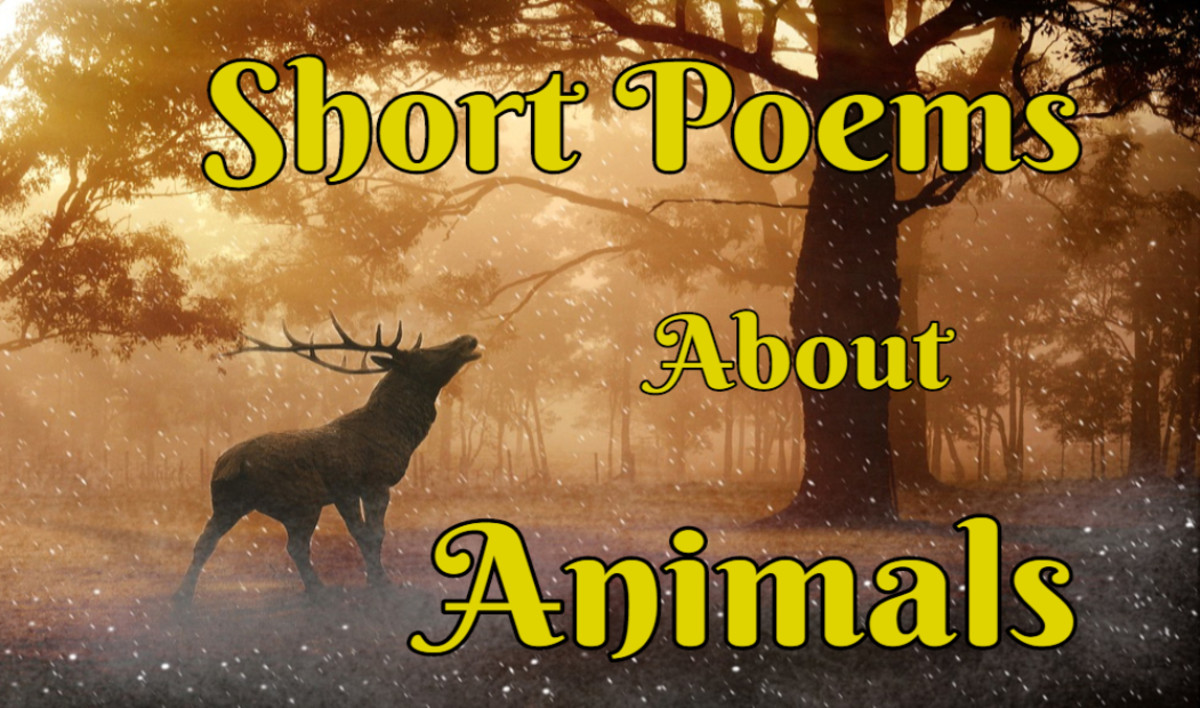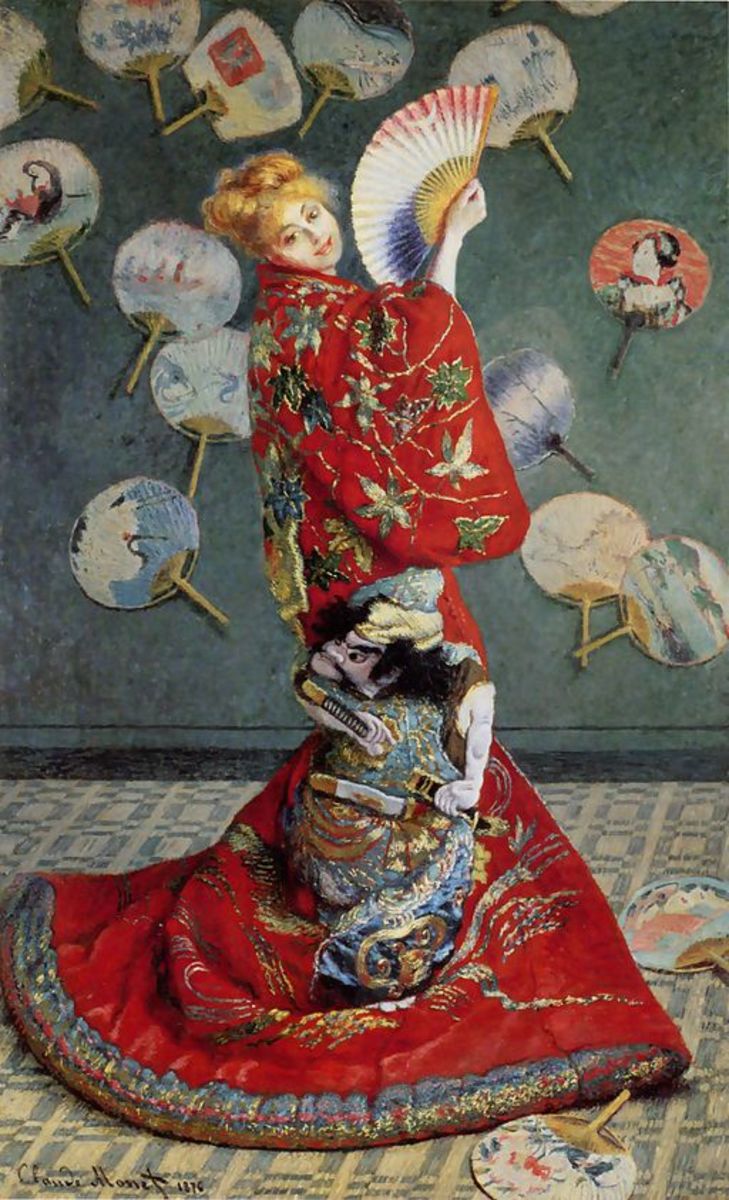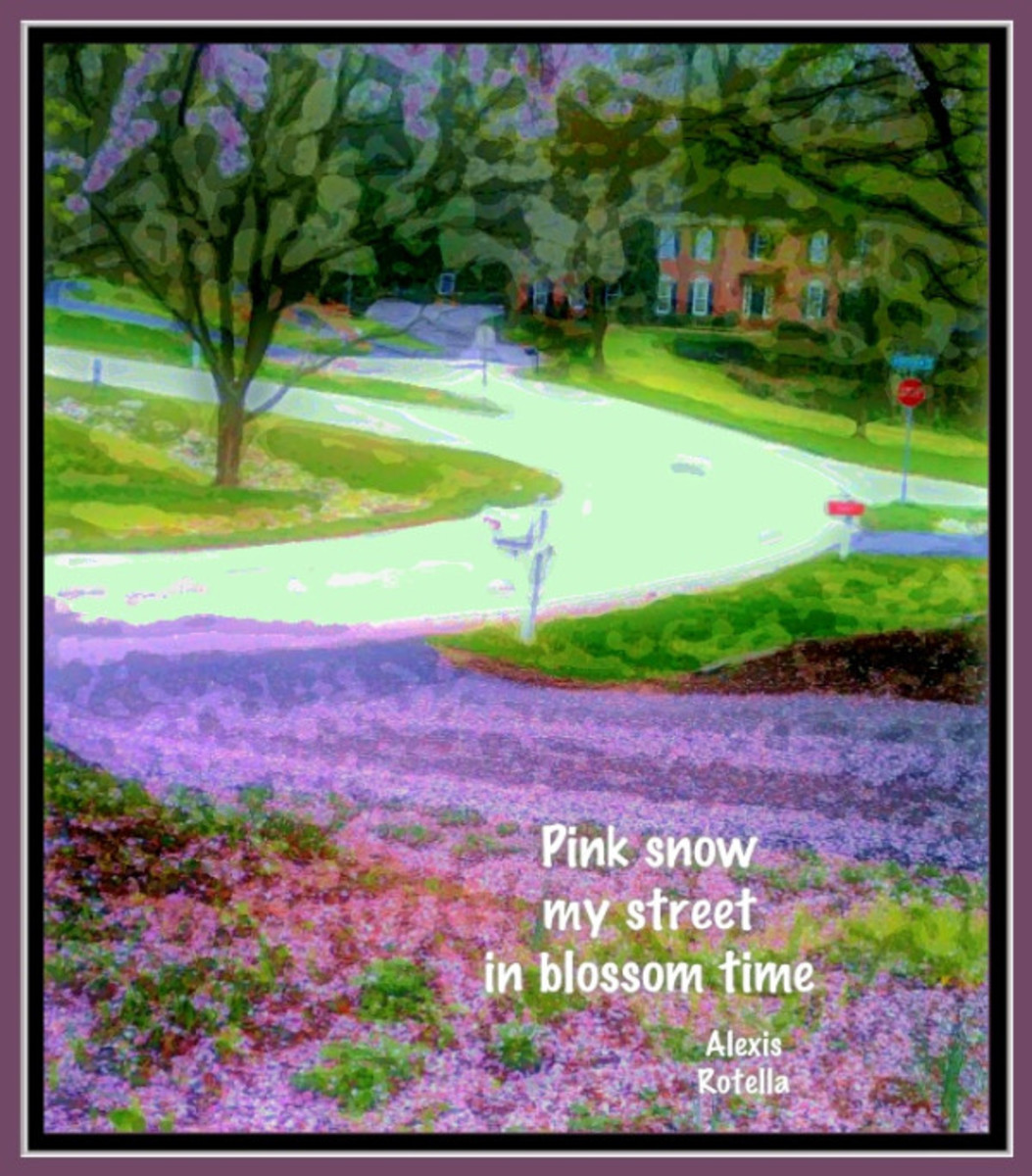Writing Poetry Tips, Part One: What Can I say?
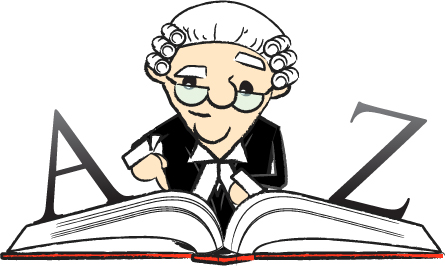
Introduction
I've been involved in many poetry workshops over the years but there was I was involved in particular at a community college in Portland, Oregon that as perhaps the most interesting.There was a student with Aspbergers who was rude to everyone and did not like it when we liked his poetry, there was a grandmother and her grandson, there were experienced poets like myself and a bunch of inexperienced ones. Everyone (myself included) seems eccentric, which is fitting of a poetry class.
I've been writing poems since I learned how to pick up a pen and write and through years of practice and trial and error, I feel I've become a good writer and while I have a lot still to learn, I'd like to share what I have learned and pass it on to you.
I'm not sure how many of these hubs on writing poetry I do, but I know there will be a few. I'd like to focus the first one on what is okay to say (and not to say) in a poem.
"Is it okay to say 'f*ck' in our poems?"
That question as asked int he above referenced poetry class and it really took everything in me not not burst out laughing and hurt the question askers feelings. The question showed me that the asker of the question had very little understanding of what poetry was. In hindsight, I'm glad the question was asked (and that I didn't laugh), because the question showed that the asker wanted to learn how to write better poems but also because it really got me thinking about what poetry is.
Poetry is a form of art where language is used to paint a picture. As such, a poet has in their arsenal every word in the world, no matter the language. You wouldn't ask an oil painter to only paint with primary colors. You wouldn't ask a sculptor to sculpt without a chisel. No matter how crass. No matter how ornate or how simple, words are your medium. To ask you not to use a word is to ask you to do your art without all the tools.
Is it okay to say "f*ck"?
Absolutely.
Is it okay to say "horse"? You betcha.
How about "Dandelion?" Sure, if you must.
You're a poet. Your pen and the words that come out of it are your paintbrush. You need to paint the picture that you want your reader to see. It's possible that "f*ck" is the right word to paint that picture, it's possible that it's not. You shouldn't be afraid to use any word and if you write your poetry, or anything really, worried about offending people, then your writing is going to suffer from a lack of personality a lack of genuineness and, thus will lack any sort of lasting impact. Assume that your readers are discerning and intelligent people. If you want to let them know that a specific poem contains harsh language (as I usually do) then that's fine, but don't be afraid to say what you need to say and use all all the words you know to do this.
Look at the Sylvia Plath poem below, specifically the bold portion. While I loathe the taking of the Lord's name in vain, look at how the words "goddam" and "bloody" impact the poem as a whole and set a specific mood. What if those two words were taken out? Read it that way and see how the mood changes. What if she'd used different words, like "cuddly baby" or even "damn baby"? If you substitute either of those words into the poem, the impact and mood changes. The use of the expletives shows the anger to be much more seething and severe, then not swearing. Use the words you mean to use and your poem will be stronger. It's important to remember, you can always edit later, but it's important to get that first draft down without thinking too much, to let the creative juices flow.
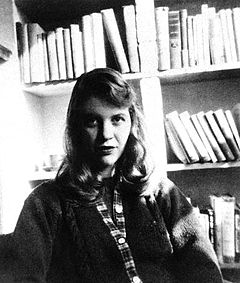
"Stopped Dead" by Sylvia Plath
A squeal of brakes.
Or is it a birth cry?
And here we are, hung over the dead drop
Uncle, pants factory Fatso, millionaire.
And you out cold beside me in your chair.
The wheels, two rubber grubs, bite their sweet tails.
Is that Spain down there?
red and yellow, two passionate hot metals
Writhing and sighing, what sort of scenery is it?
it isn't England, it isn't France, it isn't Ireland.
It's violent. We're here on a visit,
With a goddam baby screaming off somewhere.
There's always a bloody baby in the air.
I'd call it a sunset, but
Whoever heard a sunset yowl like that?
You are sunk in your seven chins, still as a ham.
Who do you think I am,
Uncle, uncle?
Sad Hamlet, with a knife?
Where do you stash your life?
Is it a penny, a pearl--
Your soul, your soul?
I'll carry it off like a rich pretty girl,
Simply open the door and step out of the car,
and live in Gibraltar, on air, on air.
October 19, 1962
Use Words You Know and Use!
I Try not to use a thesaurus. I do only on rare occasions, usually only to make sure I'm using a word correctly. I'll go more into that in a later HUB on this subject, but, try to avoid fancy or overly poetic language. our poem should sound like you or it may run the risk of sounding phony.
Look at the poem below by Modernist poet William Carlos Williams. While the poem works because of the form, (we'll discuss form in later installments), it also works because the language is simple. Each word is chosen carefully and there is no colorful language. What if the poem read like this:
"the cat,
orange and naughty,
creeps agilely from the shelf upon which he was perched
and, with each tender paw,
one by one,
left and right
as if he were a soldier marching into battle,
steps into the flowerpot,
which is a most devious and naughty thing."
In this case, too many words and the impact intended by the author is lost. We don't need to know what the cat looks like or why he is doing it, what he is doing is what is important to the poem. Less is more. Choose the right words and choose the right amount of words. This takes practice, proofreading and honest critiquing, but it's necessary to writing.
Don't use antiquated words like o'er, e'er, nevermore, evermore, o', woe, and other words simply to make your poem sound poetic. It usually makes your poem sound lazy and uninspired. They are lazy words. They are not words used in everyday speech, which makes them difficult to hear and understand with any sort of meaning. There are better words. Use them. If you're worried that your poem doesn't sound like a poem, fancifying the language isn't going to help.
Read your poem out loud and have it read to you. if it doesn't sound natural, doesn't flow, then consider reworking it and changing the language.
I hope this helps you to not be afraid of saying what you need to say in your writing. I hope this helps you to choose your words carefully and to not be afraid to simply let the words flow!
Until next time, ta ta.
"As the Cat" by William Carlos Williams
As the cat
climbed over
the top of
the jamcloset
first the right
forefoot
carefully
then the hind
stepped down
into the pit of
the empty
flowerpot

Thanks for Reading.
More Writing Tips
- Writing Poetry Tips, Part Two: Write it, Own it
Another article with writing tips. This one says, essentially, "Don't be anonymous" - Writing Poetry Tips, Part Three: The Found Poem and the Enjambed Line
Poetry tips. Using endstopepd and enjambed lines, using found poems to practice.
Before you can write it, you need to know it. here's some hubs I've written on the subject:
- Poetry: The Art and the Madness
what do you value in writing and poetry? - Poetry- What is it?
poetry is a diverse art form, so, what constitutes "poetry"? - Five Thoughts in 85 syllables
Five none naturalistic Haiku's. - Fun With Words
a poem where the poet was clearly just having fun with words!
Need a Critique or Edit?
That's what i do. Contact me for rates and services.
bigdipperwriting@gmail.com
© 2011 Justin W Price

